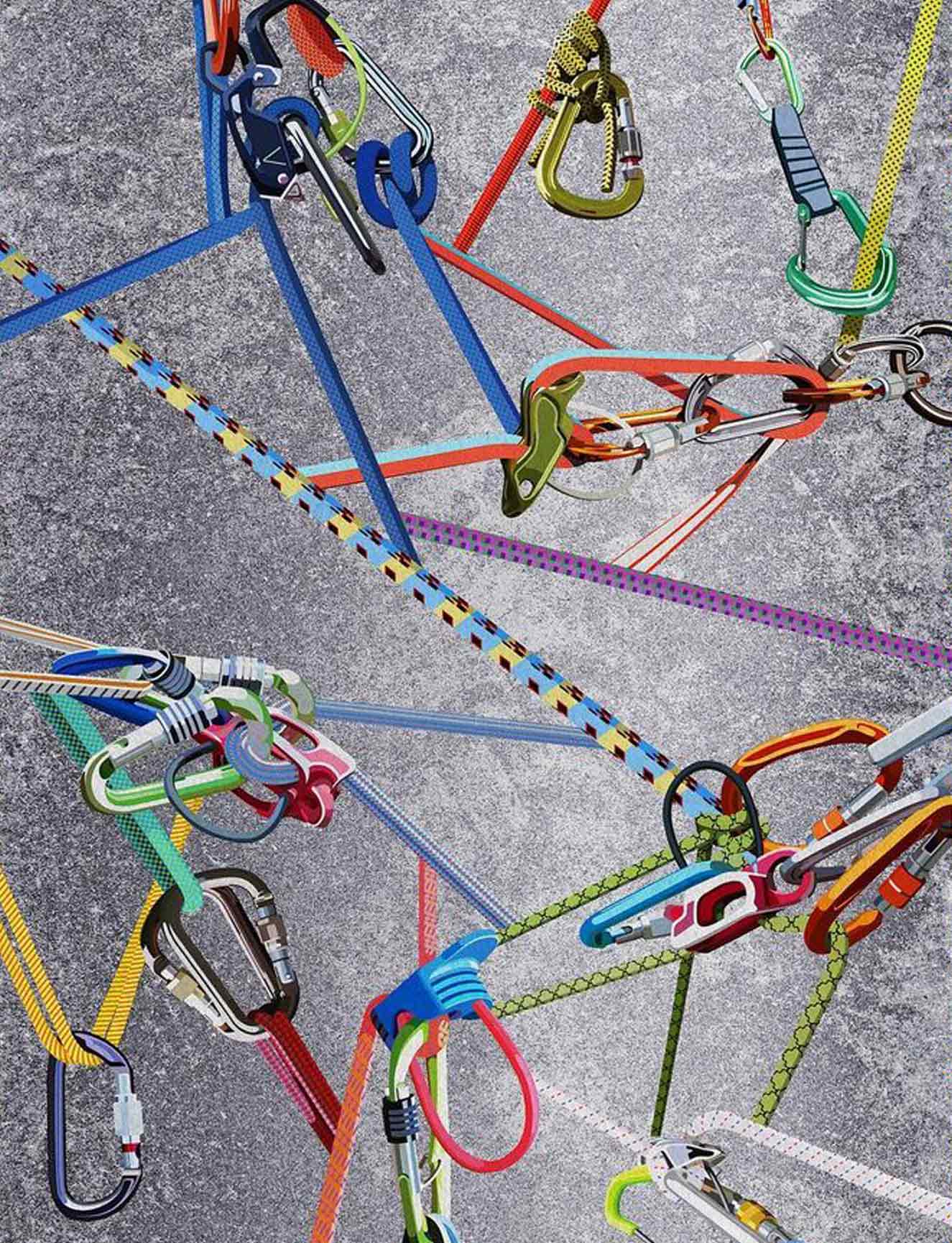The ethical brand blueprint
If I were to say, “ethical brand”, you’d likely have an image in your head: small scale production, a focus on artisanal skills, and a three figure price tag. Often, you’d be right. Higher wages, responsibly sourced fabrics, low order quantities, and valuing skills all come at a price.
For Hiut Denim that price is somewhere between £185 and £250 for a pair of jeans. For Bearmade, it’s £195 if you’re in the market for a backpack. As living standards plummet, that isn’t an accessible expression of what it means to be ethical for everyone, but it does highlight just how cheap ‘normal’ clothes are.
In 1957 we spent 10% of our weekly household income on clothing and footwear. Between 2019 to 2020, when we were buying much more by volume, it was 4%. A complete value shift, facilitated by the introduction of ultra-cheap fashion, means we want more items of clothing, but we expect to pay much less for them.
The ethics of scale
Still, you can’t magic up money you don’t have, so if you can’t afford those higher prices, you may need to look elsewhere. Perhaps to a bigger brand which can produce more and sell it at a lower price.
But can scale and ethics coexist? David Hieatt is the co-founder of Hiut Denim, which is bringing denim production back to Cardigan, the Welsh town which used to manufacture 35,000 pairs of jeans per week. He asks himself that question often. “Is growth really something we want?” he asks. “Our dream is to get 400 people their jobs back, but actually, the tension is: we want to be low impact but everything extra we do has a greater impact. So then you become this hypocrite. You say you want [to create jobs] but in order to get that you have to have growth.”
But can scale and ethics coexist?
It’s perhaps one of the quandaries at the heart of ‘ethical’ business: to grow, or not to grow? Oscar Boatfield co-founded Bearmade, a backpack brand which funds a programme reconnecting people with nature. For him, growth doesn’t even come into the equation. “We have definitely sacrificed growth. We actually just decided that we’re only going to make 25 bags a week,” he says. “We have no interest in being a massive business.”
Growth for good?
While growth – and therefore more production – is often considered unethical on a planet already bursting at the seams with stuff, Patagonia – a global company which has made founder Yvon Chouinard a billionaire – was cited as a shining example of ethical business by multiple interviewees for this piece. In fact, it’s the company’s reach and spending power which has helped it gain ethical status, paying a self-imposed tax for the planet, investing in regenerative farming, and financially supporting environmental entrepreneurs.
Similarly, Woodford notes the power that Alpine Group has to accelerate the progression of the industry. Examples of this include creating textile-to-textile recycled fabric and partnering with Fashion for Good to pilot innovations such as turning algae and CO2 into low impact black pigment dyes.
We have no interest in being a massive business
Debbie Shakespeare, Senior Director of Sustainability, Compliance, and Core Product Line Management at Avery Dennison RBIS, believes you can be ethical at any size, with some key caveats. Mainly clear, immovable standards and targets such as Science-Based Goals (which are, put simply, goals set to help cap warming at 1.5 degrees). With these in place, “companies are able to grow as much as they desire, but in a way that helps to mitigate the carbon reductions,” she says.
“I think we need a new definition of what scale and growth mean,” she continues. “Promoting a circular economy is key… keeping products in circulation for longer, and repairing, reselling, and using recycled materials and less materials overall. While a degree of waste is unavoidable within fashion, it’s an issue that must be addressed. There is no room for excuses either. The standards are very clear.”
Actions count
Perhaps, then, scale and ethics can coexist but only when growth is the result of ethics-first decision making. This can be guided and tracked by factors such as becoming a B Corp, committing to the Science-Based Targets Initiative, and, as Alpine Group is, undertaking the Future-Fit Business Benchmark.
We need a new definition for scale and growth
In Boatfield’s case, growth would have meant ethical compromise. “At pretty much every turn, we could have made more money but done worse things,” he says. But if the focus is on circularity, as Shakespeare suggests, then actions aligned with growth, even for small businesses, could be ethical. The growth of a repairs and alterations business, for instance, would mean more clothes staying in circulation, a necessary step towards a more sustainable future.
We know, however, that many ethical brands aren’t services, they’re in the business of making new stuff. How does that track ethically when we need to make more use of what already exists?
Setting an example
“Part of me is like yeah, we don’t need new brands, we don’t need more stuff. It’s a debate we have internally all the time,” says Boatfield. “But I think what we really want to do is prove that this model works. We can say you don’t have to go for the other alternative which is to make shit stuff and sell it cheap. My view of a sustainable future is that everything becomes really local, and for that to work you need people to start trying to do it.”
Hieatt shares this sentiment. “If we have a reason to exist in this world it’s to be a good example. There are many communities in our company. There’s your customer, there’s the people who work for you, and there’s planet Earth, this silent shareholder. If we can be a good example of a low impact company, and we show that we can be a business – a really good business – then other people will follow us because people don’t follow failure,” he says.
Everything becomes really local
While a cliched picture of what an ethical business is certainly exists, the true definition of what one is shifts according to myriad factors: self-definition, individual perception, third-party verification, impact, intent. There is no perfect archetype but there are examples: global businesses which use their enormous wealth for progress, tiny brands which flow funds into social good, local brands providing local jobs.
Ethical businesses do exist, in many guises. But rather than taking their word for it, we must look closely at their actions.






